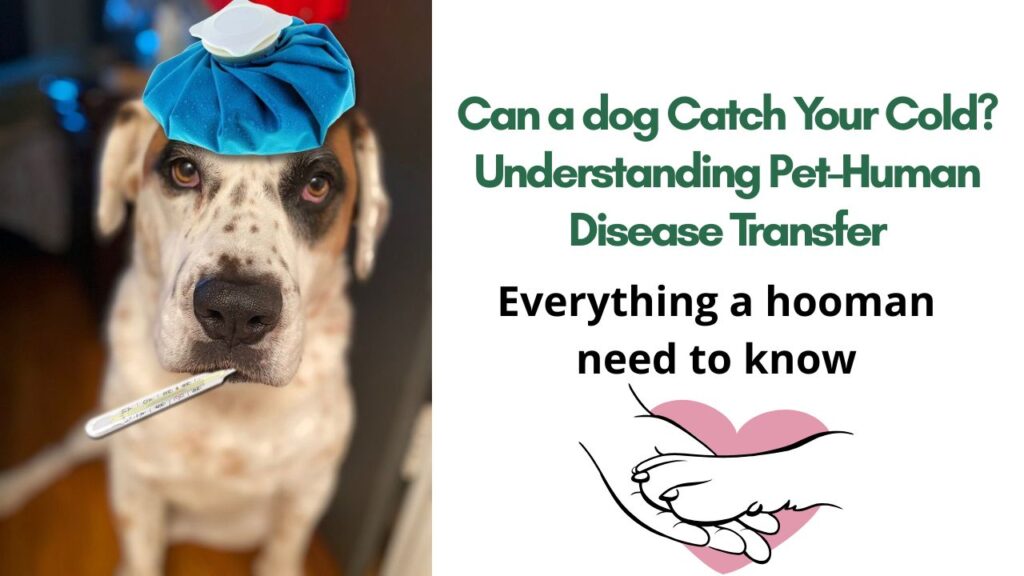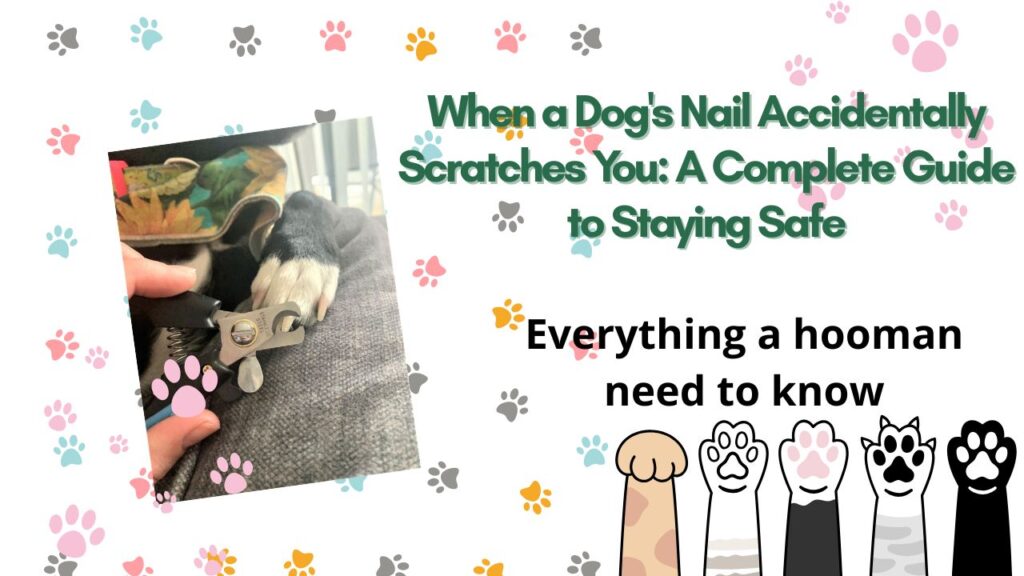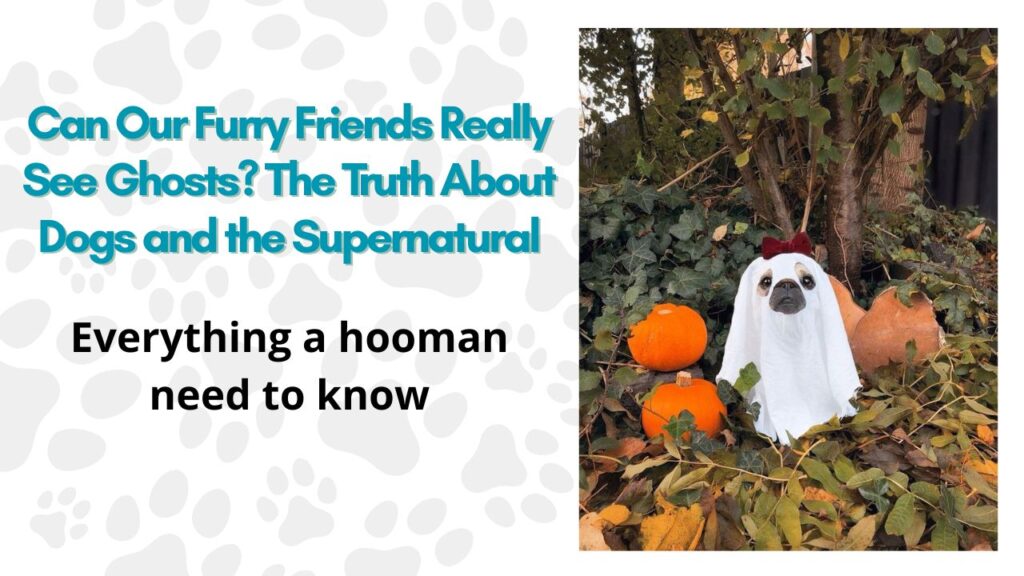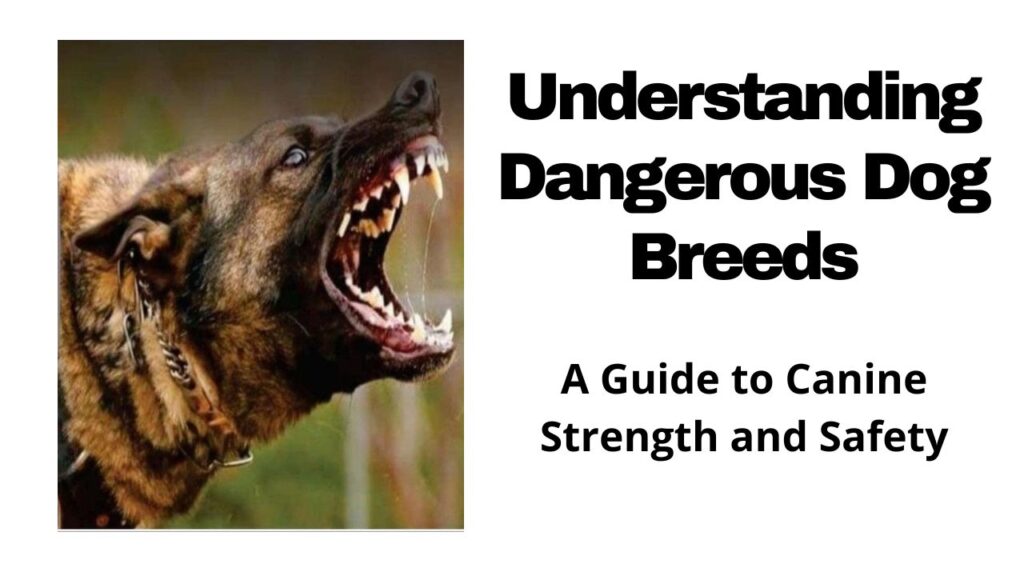Dogs, like humans, need quality sleep to thrive—yet many pet owners overlook subtle signs of sleep disturbances in their furry companions. From restless pacing to unexplained nighttime whimpers, sleep disorders can impact your dog’s health and happiness. Let’s explore how to recognize these issues and help your pup reclaim restful nights.
Common Sleep Issues in Dogs
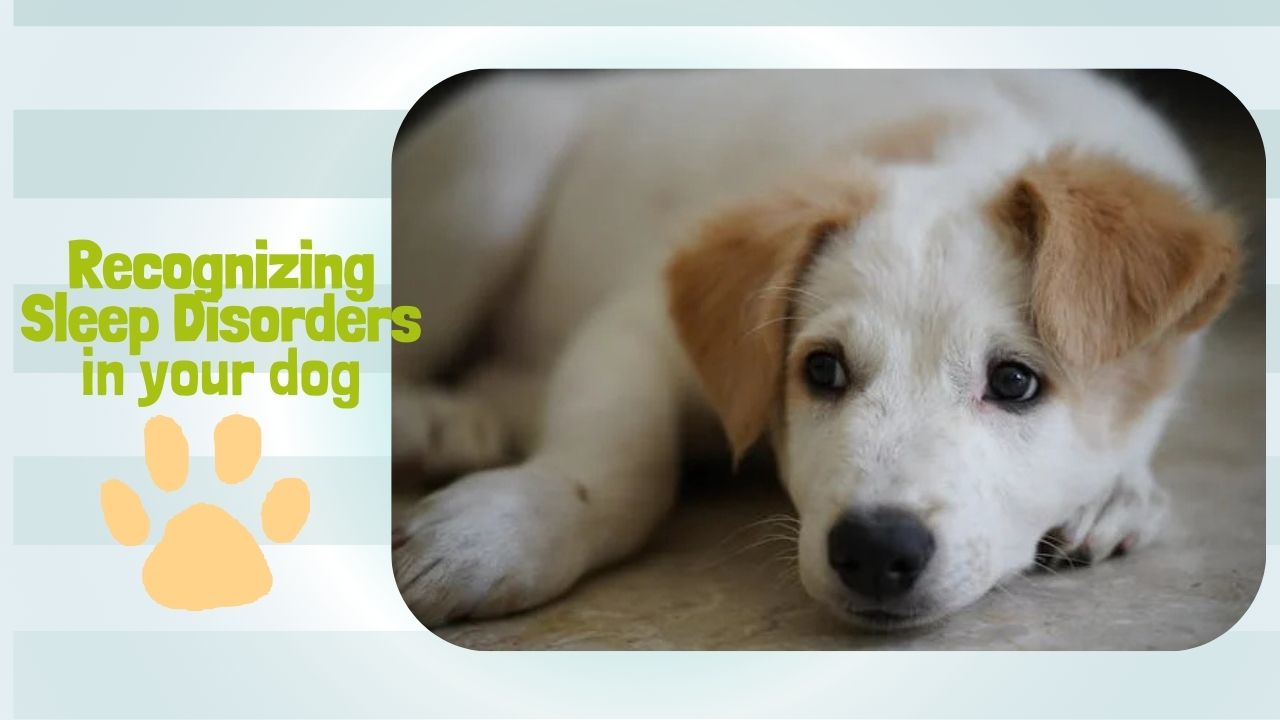
Just like us, dogs suffer from insomnia, sleep apnea, and anxiety-driven disruptions. Key red flags include:
- Restlessness: Frequent repositioning or pacing before settling down.
- Excessive vocalization: Whining, barking, or growling during sleep.
- Irregular breathing: Snoring, gasping, or prolonged pauses between breaths.
- Daytime lethargy: Unusual tiredness despite long rest periods.
Pro Tip: Breeds like Bulldogs and Pugs are prone to sleep apnea due to short snouts, while anxious dogs may develop insomnia from environmental stressors.
The Vital Health Check
Regular vet visits are non-negotiable. Underlying issues like arthritis, thyroid imbalances, or heart disease often manifest as sleep disturbances. For example, a study found that 30% of senior dogs with hip dysplasia experience sleep fragmentation due to pain. Bloodwork, X-rays, or allergy tests can uncover hidden culprits. Action Step: Schedule a check-up if your dog’s sleep patterns shift suddenly—it could signal anything from parasites to neurological conditions.
Physical and Mental Stimulation
Daily Exercise
A tired dog is a sleepy dog. Tailor activities to your pup’s breed and age:
- High-energy breeds: 60+ minutes of running, fetch, or agility training.
- Senior dogs: Gentle walks or hydrotherapy to avoid joint strain.
Science Backs It Up: Research shows dogs with consistent exercise fall asleep 20% faster and stay asleep longer.
Mental Engagement
Boredom fuels nighttime anxiety. Try:
- Puzzle feeders: Slow down mealtime and stimulate problem-solving.
- Obedience drills: 10-minute training sessions reduce stress hormones by 35%.
- Scent games: Hide treats to engage their natural hunting instincts.
Monitoring Sleep Quality
Signs of Restful Sleep
- Relaxed posture: Curled up or sprawled out without muscle tension.
- Steady breathing: Rhythmic inhales/exhales with occasional twitches (a sign of REM sleep).
- Quick settling: Falling asleep within 10–15 minutes of lying down.
Behavioral Indicators
A well-rested dog will:
- Greet you enthusiastically in the morning.
- Maintain a healthy appetite.
- Engage in play without irritability.
Warning: Chronic grumpiness or disinterest in toys may signal sleep deprivation.
10 FAQs About Canine Sleep Disorders
- Q: How much sleep do dogs need daily?
A: Puppies need 18–20 hours; adults 12–14; seniors often 14–16. - Q: Can dogs have nightmares?
A: Yes! Twitching, whining, or paddling legs during sleep may indicate vivid dreams. - Q: Is snoring always problematic?
A: Occasional snoring is normal in flat-faced breeds, but persistent cases warrant a vet visit. - Q: Do calming supplements work?
A: CBD oil or lavender-infused products show a 40% improvement in anxiety-related insomnia. - Q: Should I wake my dog during a nightmare?
A: Gently call their name—never shake them, as this could cause disorientation. - Q: Can diet affect sleep?
A: High-tryptophan foods (turkey, eggs) boost serotonin, promoting deeper sleep. - Q: Are weighted blankets safe for dogs?
A: Yes, but ensure they’re breathable and sized appropriately to prevent overheating. - Q: Why does my dog circle before lying down?
A: It’s an instinct to flatten grass or snow—usually harmless unless excessive. - Q: When should I consider a sleep study?
A: If breathing pauses exceed 30 seconds or daytime fatigue persists despite intervention. - Q: Can sleep disorders shorten a dog’s lifespan?
A: Chronic sleep deprivation weakens immunity and organ function over time.
Conclusion: Your Dog’s Sleep Matters
As a devoted pet parent, you’re now equipped to decode your dog’s nocturnal habits. Remember, subtle changes—like a new reluctance to jump on the bed or a sudden midnight pacing—are your pup’s way of saying, “I need help.” Pair vigilance with professional guidance, and you’ll both sleep easier.

